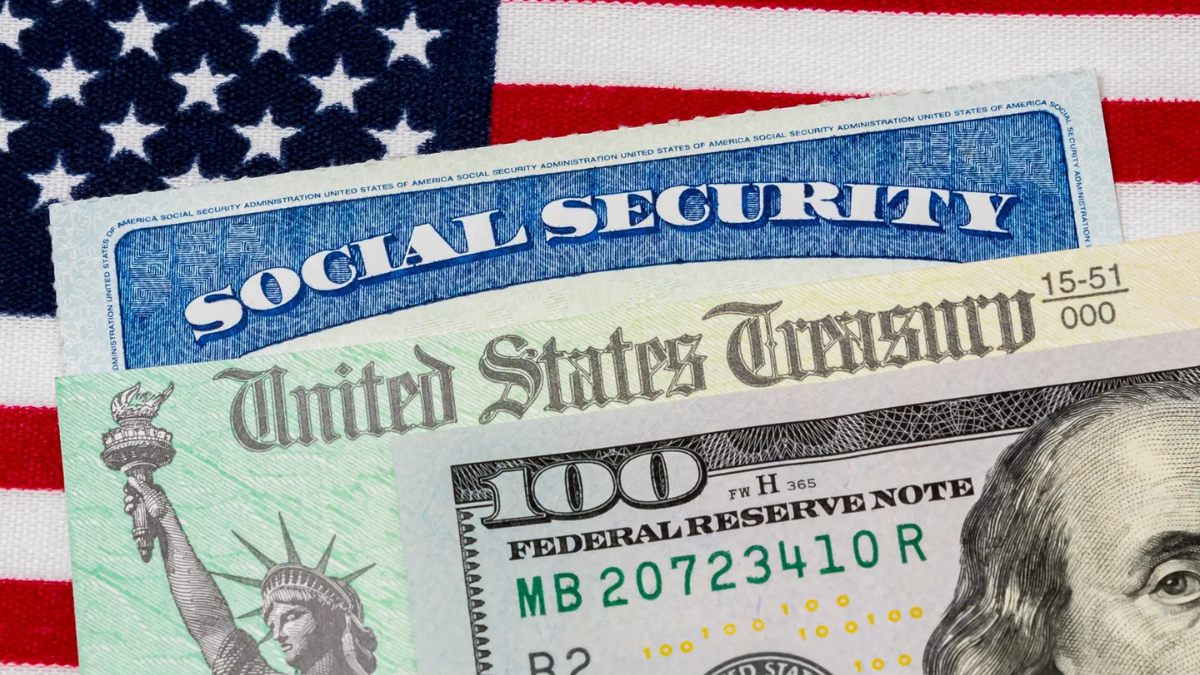Imagine checking your bank account one day and seeing an extra $2,200 deposited as your Social Security benefit. Sounds like a pleasant surprise, right? But what if the previous month’s payment was only $1,500? You might think it’s a mistake, and if you don’t take immediate action, you could end up like Dave and Rose Wilder, a couple from Michigan who were shocked to receive a notice saying they owed the government $84,000 due to Social Security overpayments.
Overpayment issues in Social Security are more common than you might think, and failing to address them properly can lead to serious financial consequences. This article will guide you through why overpayments happen, what to do if you receive a Notice of Overpayment, and how to prevent such situations in the future.
Why Does Social Security Overpay People?
Overpayments occur for several reasons, most commonly due to unreported changes in income or life circumstances. The Social Security Administration (SSA) calculates benefits based on income, disability status, and other personal factors. If there’s a change and it isn’t reported on time, the SSA may continue sending incorrect payments.
Common Reasons for Overpayments:
- Increase in Income: If you start earning more but don’t inform the SSA, they may continue sending benefits based on your previous earnings.
- Changes in Disability Status: If your health improves and you no longer qualify for disability benefits, you must notify the SSA.
- Marital Status Changes: Getting married, divorced, or remarried can affect your benefits, especially for survivor benefits or spousal benefits.
- Clerical Errors: Sometimes, Social Security makes mistakes in calculations, leading to overpayments.
If any of these apply to you and you fail to report the change, you may receive an overpayment notice later, asking for repayment.
What Happens When You Receive a Notice of Overpayment?
If the SSA determines that you’ve been overpaid, they will send you a Notice of Overpayment by mail. This letter will inform you of the amount overpaid, why it happened, and how you can repay it.
What to Do After Receiving an Overpayment Notice?
- Read the Notice Carefully – Check if the overpayment is correct. If the information is unclear, consult a financial advisor.
- Appeal If You Disagree – If you believe the SSA made a mistake, you can challenge the decision by filing Form SSA-561 (Request for Reconsideration).
- Request a Waiver – If the overpayment wasn’t your fault and you can’t afford to pay it back, you can submit Form SSA-632 to request forgiveness.
- Set Up a Payment Plan – If you acknowledge the overpayment but cannot pay it all at once, you can file Form SSA-634 to arrange installment payments.
Ignoring the notice won’t make it go away. If you don’t take action, the SSA can deduct the owed amount from your future benefits or even take money from your tax refund.
How to Repay Social Security Overpayments
Once the SSA confirms an overpayment, they will automatically withhold 10% of your monthly Social Security benefits until the amount is repaid. If you can’t afford this deduction, you can negotiate a lower repayment amount.
Alternative Repayment Methods:
- Request a Lower Deduction: File Form SSA-634 to reduce the repayment amount.
- Use Tax Refunds: The government may use your tax refund to recover the overpaid amount.
- Family Assistance: If you receive Supplemental Security Income (SSI) as a couple, your spouse’s benefits may be used to repay the debt.
For those who no longer receive benefits, the SSA may send collection notices or use income withholding to recover the funds.
How to Prevent Social Security Overpayments
To avoid unexpected repayment bills, you should update the SSA about any major life changes as soon as possible.
Best Practices to Avoid Overpayments:




Even if the SSA makes a mistake, catching it early can save you thousands of dollars in unexpected repayment demands.
Final Thoughts
Social Security overpayments can happen to anyone, and failing to address them can lead to financial stress. If you receive extra money in your account, don’t assume it’s a bonus—verify and report it immediately.
If you receive a Notice of Overpayment, act quickly by appealing, requesting a waiver, or setting up a repayment plan. Most importantly, stay proactive in updating the SSA about any income or personal changes to avoid overpayment issues altogether.
By staying informed and taking timely action, you can protect your Social Security benefits and avoid unexpected debts.
Disclaimer – Our team has carefully fact-checked this article to make sure it’s accurate and free from any misinformation. We’re dedicated to keeping our content honest and reliable for our readers.







